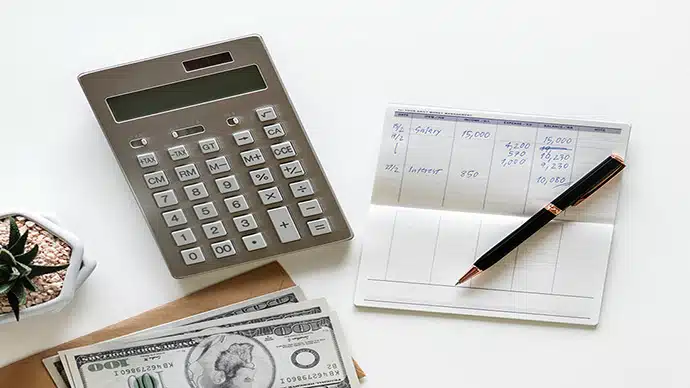
Does all the financial advice you keep hearing about paying down debt vs. “start saving now” have you feeling a little bit like a well-known Disney character? “Go up and do the attic, and go down and do the cellar; you can do them both together, Cinderella.”
If so, you’re not alone. Many people feel they don’t have the financial resources to do both, leaving them torn about what to do and anxious and worried about their financial future, so Billshark wants to help you decide which makes sense for you.
According to a recent survey by the Federal Reserve, 40 percent of Americans say they couldn’t cover an emergency expense of $400, while 25 percent say they have no retirement savings or pension at all.
First of all, it’s important to set aside money, not only for emergencies but to ensure a secure retirement. And the sooner you start, the sooner you’ll build up a comfortable nest egg.
On the other hand, if you’re paying interest on loans, that’s lost money. No matter how low your interest rate, it’s your hard-earned money going to someone else for nothing except the “luxury” of being able to borrow.
Here is one rule for everyone: Have at least $1,000 in ready cash to meet unexpected or emergency expenses.
After that, you can start to make decisions on whether to pay off loans or save.
Let’s start with student loans. The average student graduates with a debt of $35,000, which can often seem like a heavy weight around their necks, especially as they’re trying to start their lives. Even those lucky enough to find full time jobs immediately on graduating will have clothing and commuting expenses, not to mention food and housing. Maybe they’d even like to marry and start a family, all of which comes with its own financial demands.
Thus, the impulse is to pay down the student loan as quickly as possible. And here’s where the financial advisors begin to disagree. Some say to get rid of it early on, before the above-mentioned responsibilities begin to pile up. Others say getting an early start on retirement savings means you won’t have to play catch up in your later years.
Other debts can similarly drag you down, and tie your hands when it comes to setting up your financial future. So you need to consider your unique situation.
1. Do you work for an employer who offers a 401(k) match?
If the answer is yes, you should at least contribute enough to get your employer’s match, which is after all free money, and a guaranteed rate of return on your investment. Not to mention that you’ll lower your tax burden, because 401(k) contributions come from your pre-tax dollars.
If the answer is no, you should at least set aside enough money to meet emergency requirements, as mentioned above, then focus on your loans.
2. Is the interest on your student or other loan(s) higher than the interest you could get from saving/investing?
If the answer is yes, then focus on paying that off before building any kind of significant savings. Begin with your highest-interest loans (usually credit cards) and concentrate on paying them off, then on down the line until you reach the lower-interest loans. Or consider transferring your debt to a lower-interest card (but watch out for transfer fees—make sure the transfer will actually save you money in the long run).
The other tack is to start with your smallest loan amount and pay that off first. This has the advantage of helping you see progress more quickly. Then take the payment you were making to that one and put it toward your higher-interest loans.
You should pick the approach that feels better to you, never mind what the financial advisors or your friends or relatives are telling you.
3. Can you comfortably handle your loan payments?
If you can, then you should try to stretch a little to begin a savings plan. The sooner you begin to save, the less you’ll have to set aside later in life, thanks to the magic of compound interest.
If you can’t pay them easily on your current salary, you should consider refinancing the loan(s) to lower your payments or maybe take on a side gig to give you a little extra breathing room.
And to help you find extra money, turn to Billshark to sink our teeth into your bills. We’ve been able to find people as much as several thousand extra dollars a year!


